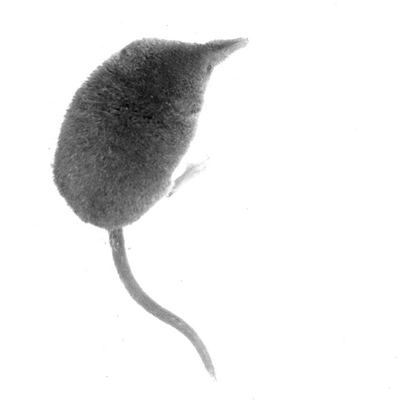|
 My research interests My research interests
My main interest lies in the behavioural ecology of small, geobiontic mammals like shrews and mice.
I study the behaviour of these animals to try and find the ecological and evolutionary mechanisms behind the typical behaviour of species and individuals.
Apart from typical behavioural studies, I also investigate the vocalisation of my study species: The twittering of shrews and the singing of mice.
Keywords: behaviour, ecology, evolution, personality, life-history, bio-acoustics, echolocation, echo-orientation, shrews, bats, mice.
 Marie Curie Fellowship Marie Curie Fellowship
Currently, I am a Marie Curie Fellow - wait, I should say Marie Skłodowska-Curie Fellow - at the Adam Mickiewicz University in Poznań, Poland.
In my project, I want to find out, if shrews have a personality. And if so, on what factors this personality depends: On the individual, the species, the life-history, and/or the geographic origin.
Please find here the abstract of my project:
Some animals are bold and active, others shy and inactive. If these behavioural patterns are consistent they are referred to as personality. Usually, personality is used on the individual level. Recently, it has been suggested that consistent behavioural differences between species might also be classified as personality and that they relate to the life-history strategy of the species. We propose that life history also influences the amount of behavioural variability of a species. Are there species with lower and species with higher behavioural variance? And how is this variance partitioned between inter- and intra-individual variance? We hypothesise that fast-lived species show less behavioural variance, both on the individual and on the species level, while we expect slow-lived species to be more plastic in their behaviour. Species with a fast life history are likely forced to more fixed patterns of behaviour by their higher energetic needs. A perfect model for studying the influence of life history on behaviour are shrews (Soricidae). Shrews are divided into two phylogenetic groups, that occur sympatrically in Europe but differ tremendously in life history. We plan to compare the exploratory behaviour of shrews along three gradients: A taxonomic one, to study the influence of life history on behaviour. A geographical one, to detect effects of habitat. And an individual one, to assess the behavioural plasticity of the two groups. We expect fast-lived shrews to be active and show little variance between individuals, irrespective of their geographic origin; slow-lived shrews to be less active but more plastic in their behaviour. If our expectations hold true, the principle of individual personalities can be generalised to species level. As a species personality is an important factor for niche space partitioning in animal communities, our work will have wide-ranging implications for community ecology and thus can help in the protection of natural processes.
|

 My research interests
My research interests Marie Curie Fellowship
Marie Curie Fellowship